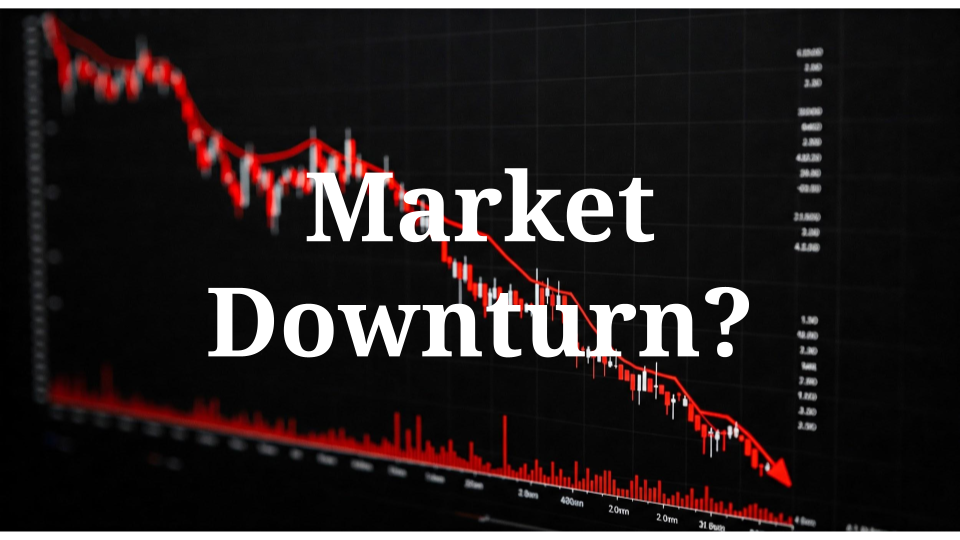The Stealth Retirement Account That Most Americans Don't Use
/Are you trying to find more ways to save for retirement so you will be able to retire early? Let me explain how you can use a Health Savings Account (HSA) as a stealth retirement account by investing inside of it. Currently only 4% of Americans that have HSAs unlock this powerful potential. (Source: Devenir 2019 study; link below)
First, you have to be covered under a High-Deductible Health Plan (HDHP) before you are allowed to contribute to an HSA. If you are covered under an HDHP, the maximum you are allowed to contribute in 2024 is $4,150/single or $8,300/family (an additional $1,000 if you are over 55 years old). You do not pay taxes on money contributed to your HSA, and if the money is withdrawn for eligible healthcare expenses the funds are not subject to any penalty or taxes. Most people use their HSAs this way. The money goes in…then it comes right back out to pay for medical expenses. This is a great way to save money on taxes for eligible health care expenses, but it is not utilizing the full potential of your HSA.
With a few simple adjustments, you could turn your HSA into a stealth retirement account.
Pay Out-of-pocket for Medical Expenses
This allows you to accumulate more money inside of your HSA every year instead of depleting the account every time you have an eligible medical expense. The longer you are able to keep the money in your HSA the more time you are able to let it grow.
Save your Eligible Healthcare Receipts
If you chose to use your HSA as a stealth retirement account, make sure you save your eligible healthcare receipts. This would then allow you to withdraw money from your HSA, to reimburse yourself for the past eligible medical expenses that you paid out-of-pocket earlier. Currently, the IRS doesn't have a time frame for when you are allowed to reimburse yourself. This means you could spend $500 out-of-pocket today and submit it for reimbursement years later. The medical expenses have to have occurred while you were covered under an HDHP though!
Invest the Money
Investing your HSA money could allow it to grow into a significant amount depending on what the time frame is and what return percentage you are able to achieve. Below are examples if someone invested their HSA money for 30 years with an annual return of 7%. Your numbers will be different depending on the length of investment and returns. (Source: Calculator.net; link below)
“Because of the effects of inflation, a 50-year-old couple in 2019 planning to retire at age 65 can expect to spend about $405,000 on health care in retirement. A 40-year-old couple faces $455,000 in expenses...” (Source: Annuity.org; link below)
These three things would allow someone to take full advantage of using their HSA as a stealth retirement account. HSAs allow investing in a triple tax advantage account. The money contributed reduces your taxable income while the qualified withdrawals and investment growth are tax-free (If the withdrawals are not qualified this becomes tax-deferred growth).
Other Things to Consider
If you withdraw money from your HSA for non-medical expenses you have to pay taxes and a 20% penalty, but after you turn 65 the 20% penalty goes away. This allows you to optimize your tax efficiency; by choosing which accounts to withdraw money from instead of having to fully depend on Social Security and Medicare. Additionally, most investors are in a lower tax bracket in retirement since they are no longer working, so there may even be another benefit to delaying the tax until later in life.
Not all HSAs are equal. Some charge high fees, some limit the amount of money you can invest, some limit your investment options, and others don’t allow investing at all! Your employer usually chooses which institution they use for HSA contributions but once the money is in the account you have full control of what happens with the money. Check to make sure it is a good one. If not you may be able to move your HSA money to a better institution. If you would like assistance in moving over your HSA, deciding what investment options to invest in inside your HSA, or any other HSA-related questions contact me and I would be happy to help. Our firm uses Fidelity, which charges no account fees and offers a wide range of investment options (Source: Fidelity.com; link below)
Sources:
https://www.devenir.com/research/2019-midyear-devenir-hsa-research-report/
https://www.calculator.net/future-value-calculator.html
Fiduciary Financial Advisors, LLC is a registered investment adviser and does not give legal or tax advice. Information presented is for educational purposes only and does not intend to make an offer or solicitation for the sale or purchase of any securities. The information contained herein has been obtained from a third party source which is believed to be reliable but is subject to correction for error. Investments involve risk and are not guaranteed. Past performance is not a guarantee or representation of future results.























